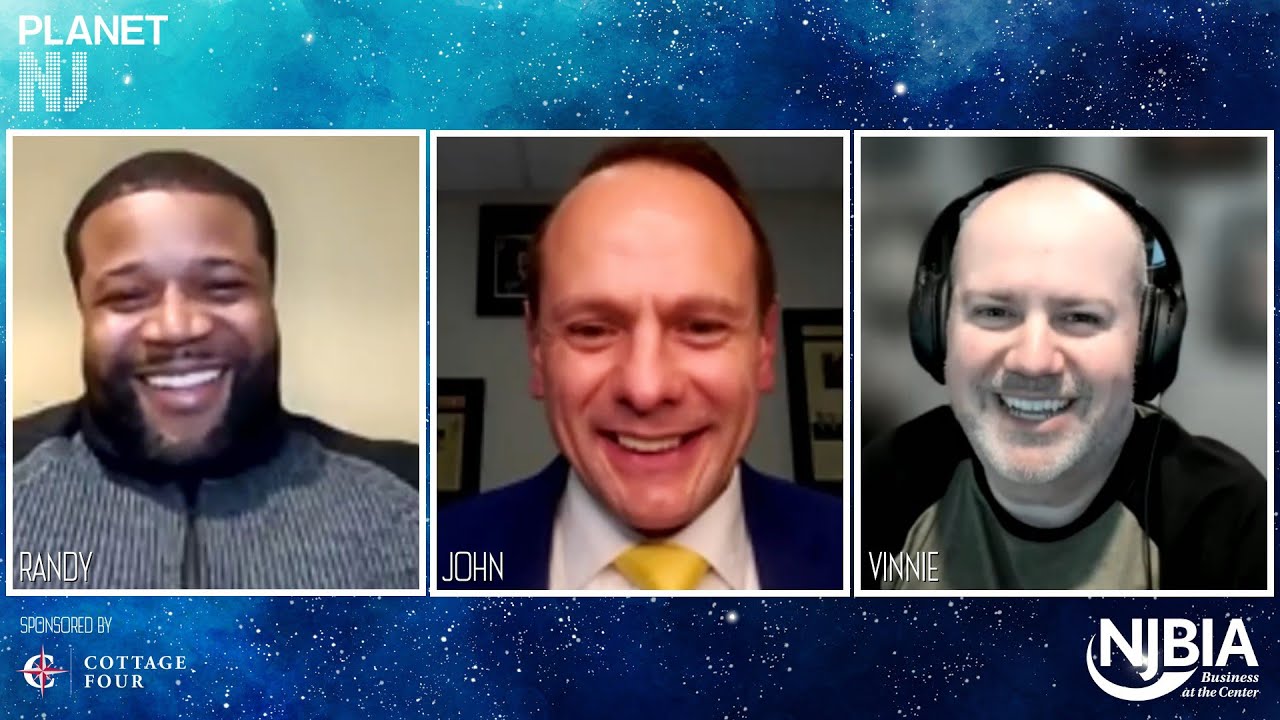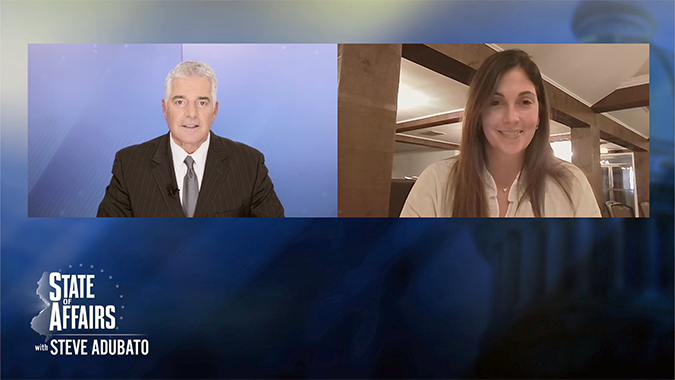Two federal agencies recently announced they are partnering to monitor practices of employer surveillance, monitoring, data collection, and “employer-driven debt” that occurs when workers are required to pay for equipment, supplies, or training from their employers.
The National Labor Relations Board (NLRB) and Consumer Financial Protection Bureau (CFPB) have signed a formal memorandum of understanding, under which they will closely collaborate by sharing information, cross-training staff at each agency and partnering on investigations.
Federal agencies have become increasingly interested in recent years in the ways technology can be potentially misused to intimidate and retaliate against workers through the use of video, voice-recording, and production tracking devices in the workplace.
“Employers’ practices and use of artificial intelligence tools can chill workers from exercising their labor rights,” NLRB General Counsel Jennifer Abruzzo said. “As our economy, industries, and workplaces continue to change, we are excited to work with CFPB to strengthen our whole-of-government approach and ensure that employers obey the law and workers are able to fully and freely exercise their rights without interference or adverse consequences.”
The CFPB’s mission is to ensure markets for consumer financial products are fair, transparent, and competitive. The NLRB’s mission is to protect workers from unfair labor practices that interfere with their right to join together to improve wages and working conditions, organize a union, and bargain collectively. While these are two distinct missions, the agencies “share an interest in protecting American workers,” the March 7 announcement said.
“Bad actors too often try to escape oversight by dodging between regulatory gaps and supervisory authorities,” CFPB Director Rohit Chopra said. “Today’s agreement will fill in cracks that may otherwise have let practices or products harmful to workers slip through.”




